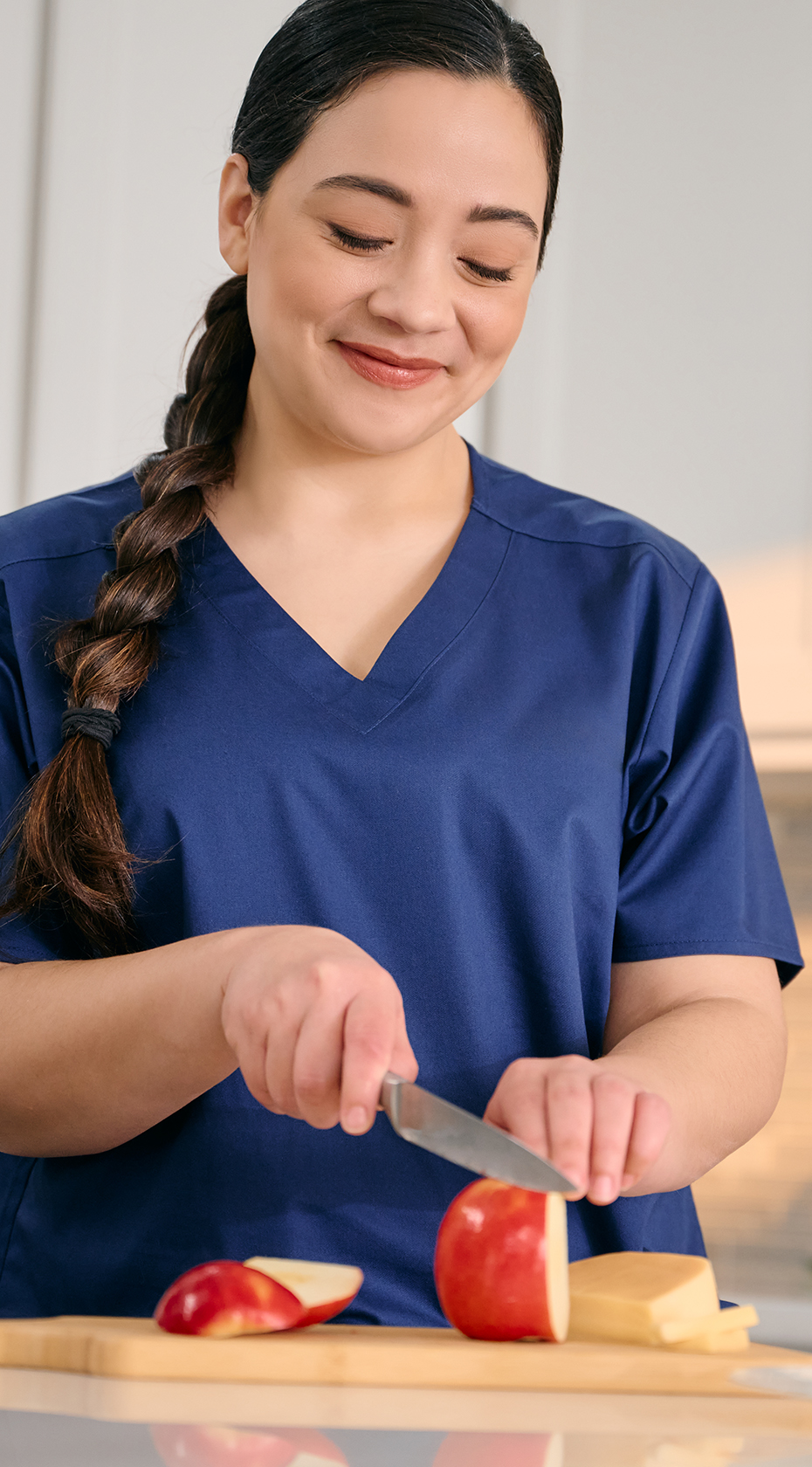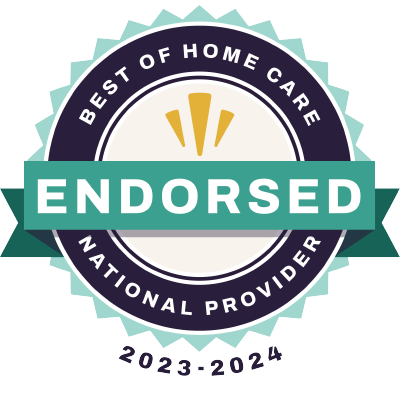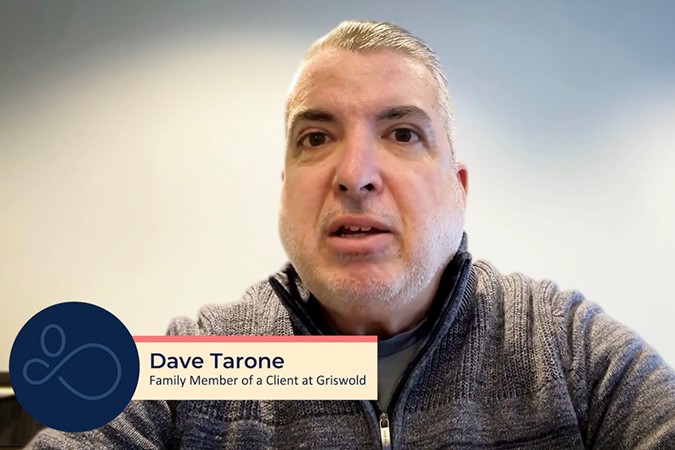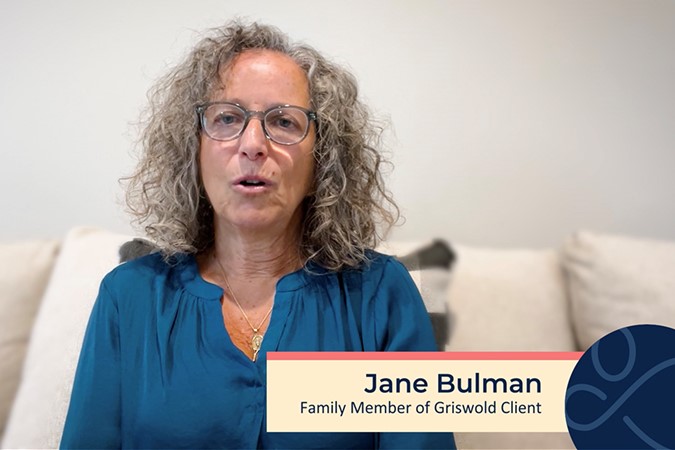
Why Griswold?
Griswold is an award-winning pioneer in pairing you with qualified in-home Caregivers, with over four decades of experience and a storied legacy of compassion and integrity. We believe that helping you find Care Professionals who meet your needs is the foundation of our success, and people deserve to live where they love as they age. Our commitment to innovation is based on our desire to improve the lives of everyone we touch in the community we serve.

At Griswold, Care Pairing Is Personal
Gentle, hands-on support for essential tasks like bathing, grooming, dressing, and more.
A friend to engage with for activities, hobbies, errands, conversation, outings, and more.
Helpful hands for light housekeeping, laundry, grocery shopping, meal prep, and more.

We're Here for You
Whether you are looking for someone to keep your aging or ill loved one company a few hours a day or more round-the-clock care for your disabled or injured family member while you're at work, you've come to the right place. We are Griswold Care Pairing, a non-medical caregiver service in Hilton Head that will make sure your family is always safe, happy, and healthy right where they belong.
Griswold Care Pairing for Hilton Head is backed by a national brand with over 40 years of experience. Griswold has set the industry standard for non-medical home care and has a long history of caring for others. We look forward to making sure your loved one gets the compassionate, attentive care they need, when they need it.
Licensed, Bonded and Insured

Beaufort, Bluffton, Daufuskie Island, Early Branch, Hardeeville, Hilton Head Island, Okatie, Pineland, Port Royal, Ridgeland, Saint Helena Island, Seabrook, Sheldon, Tillman, and the surrounding areas



Supporting Caregivers Everywhere
The Jean Griswold Foundation provides scholarships for Care Professionals who wish to further their education in care-related fields. Our communities need Caregivers, and we're committed to supporting their dreams.





